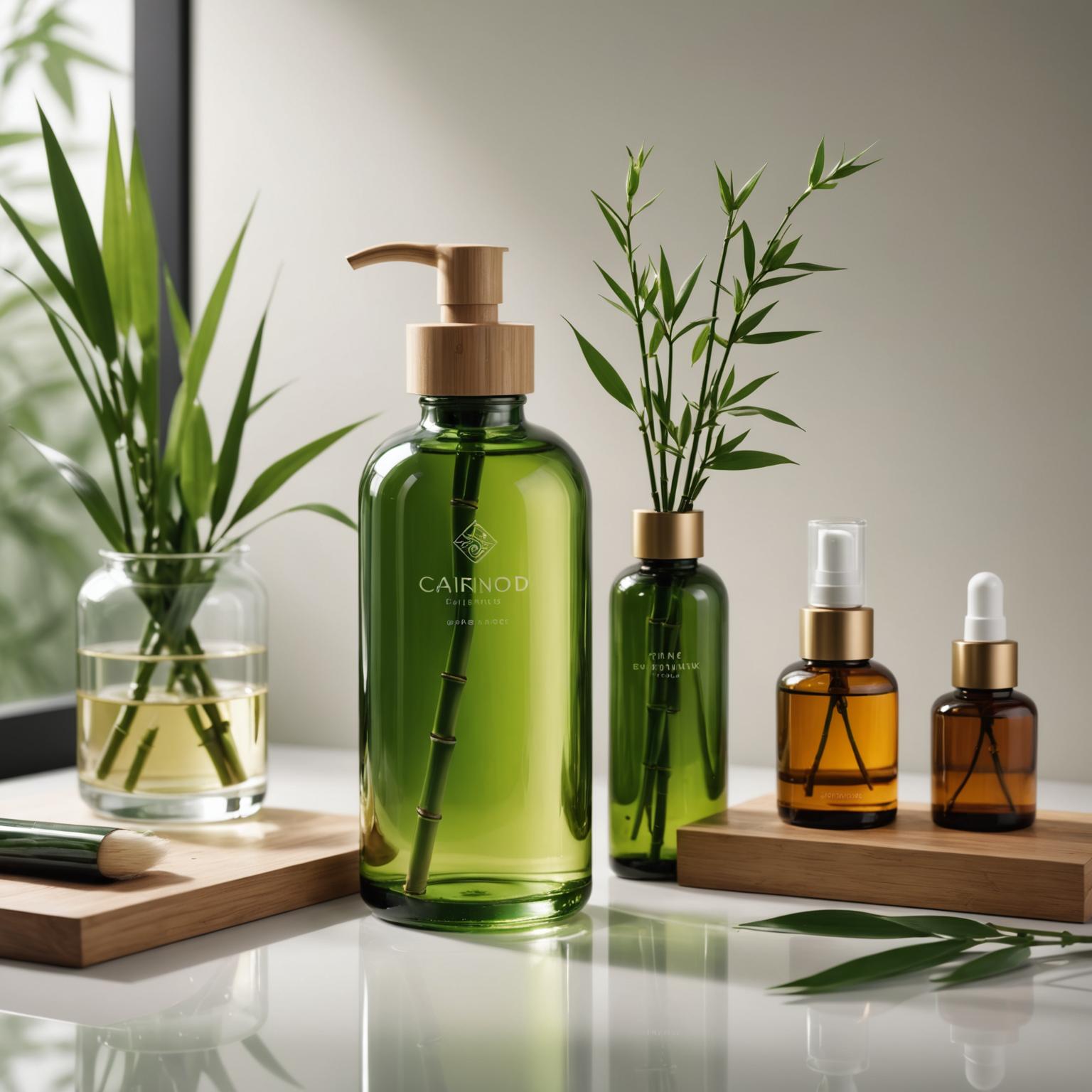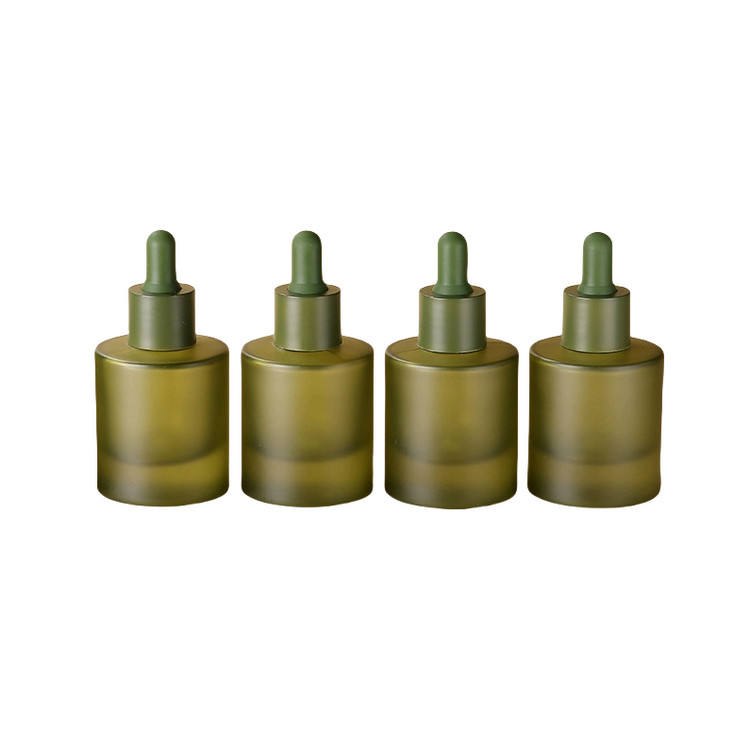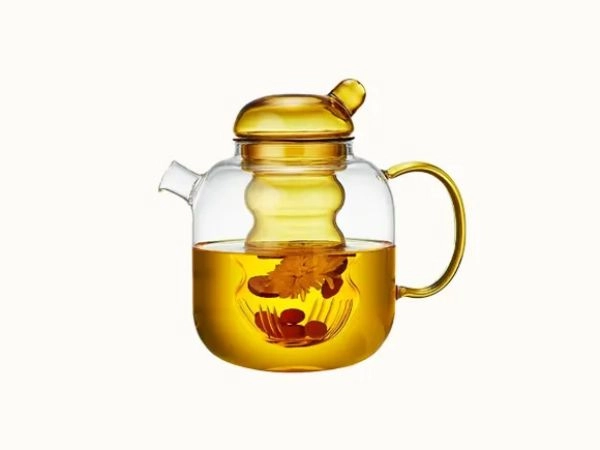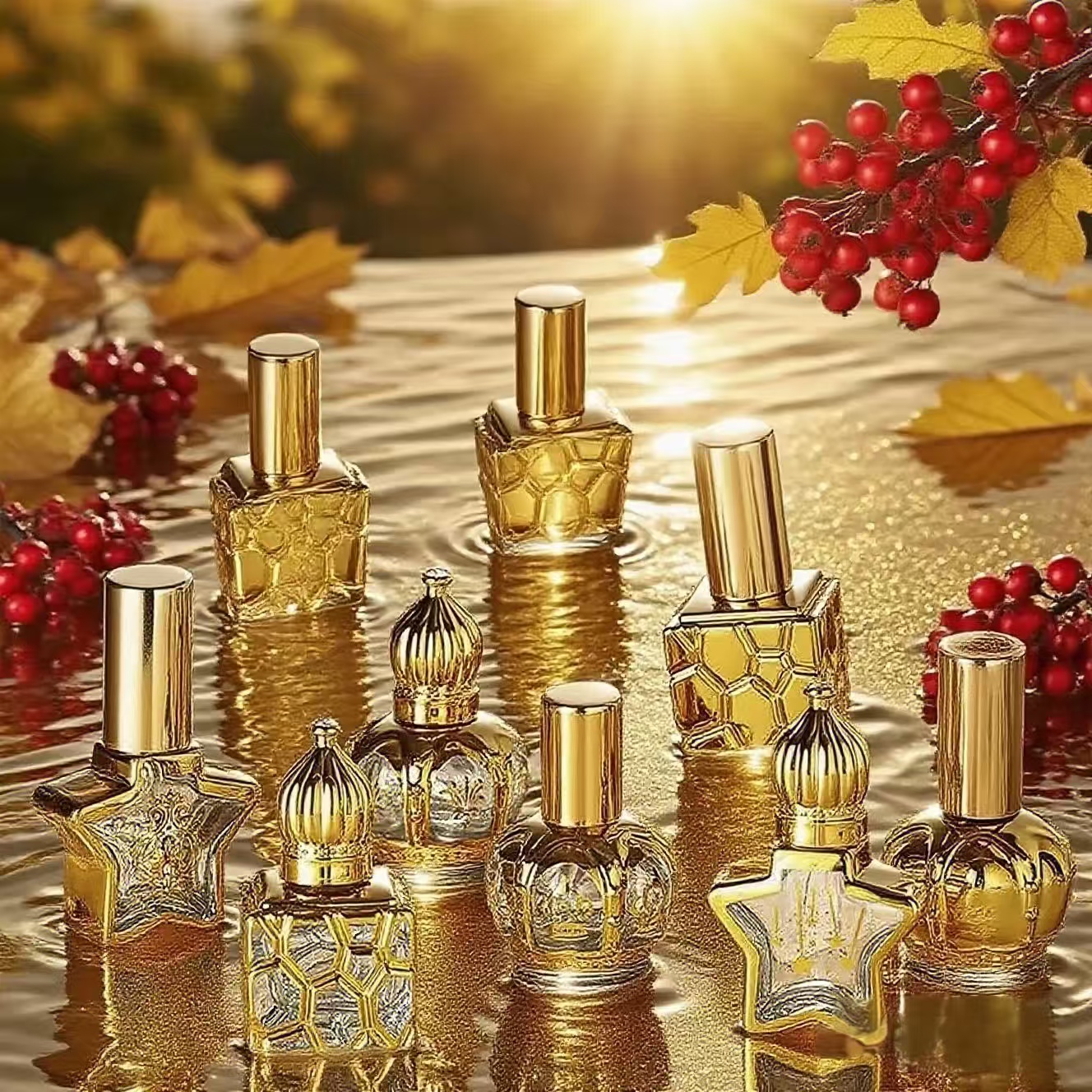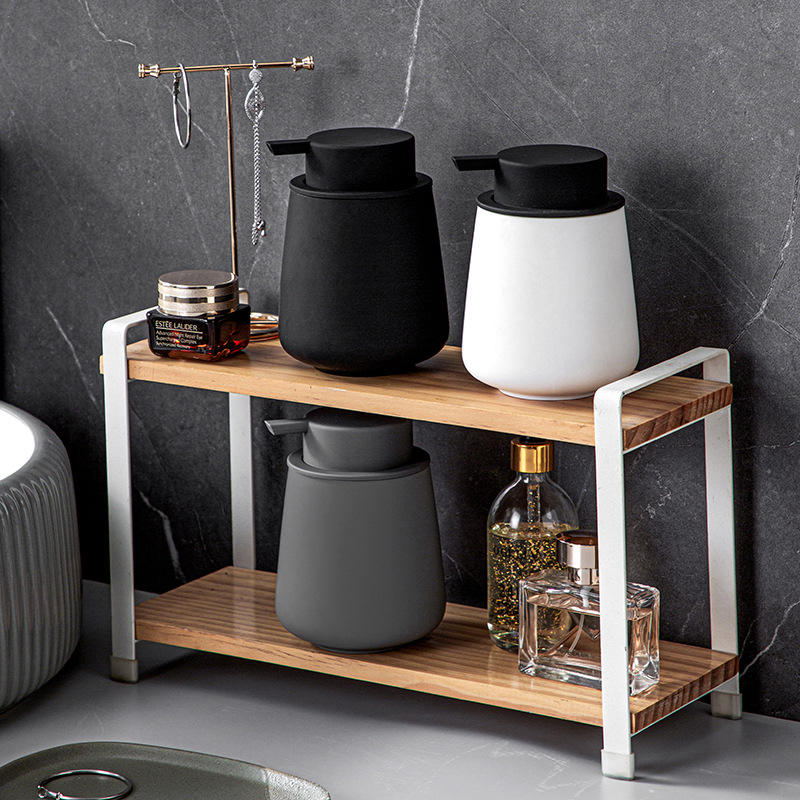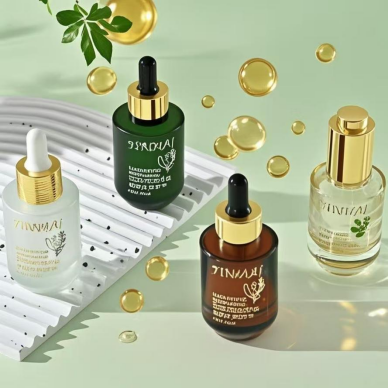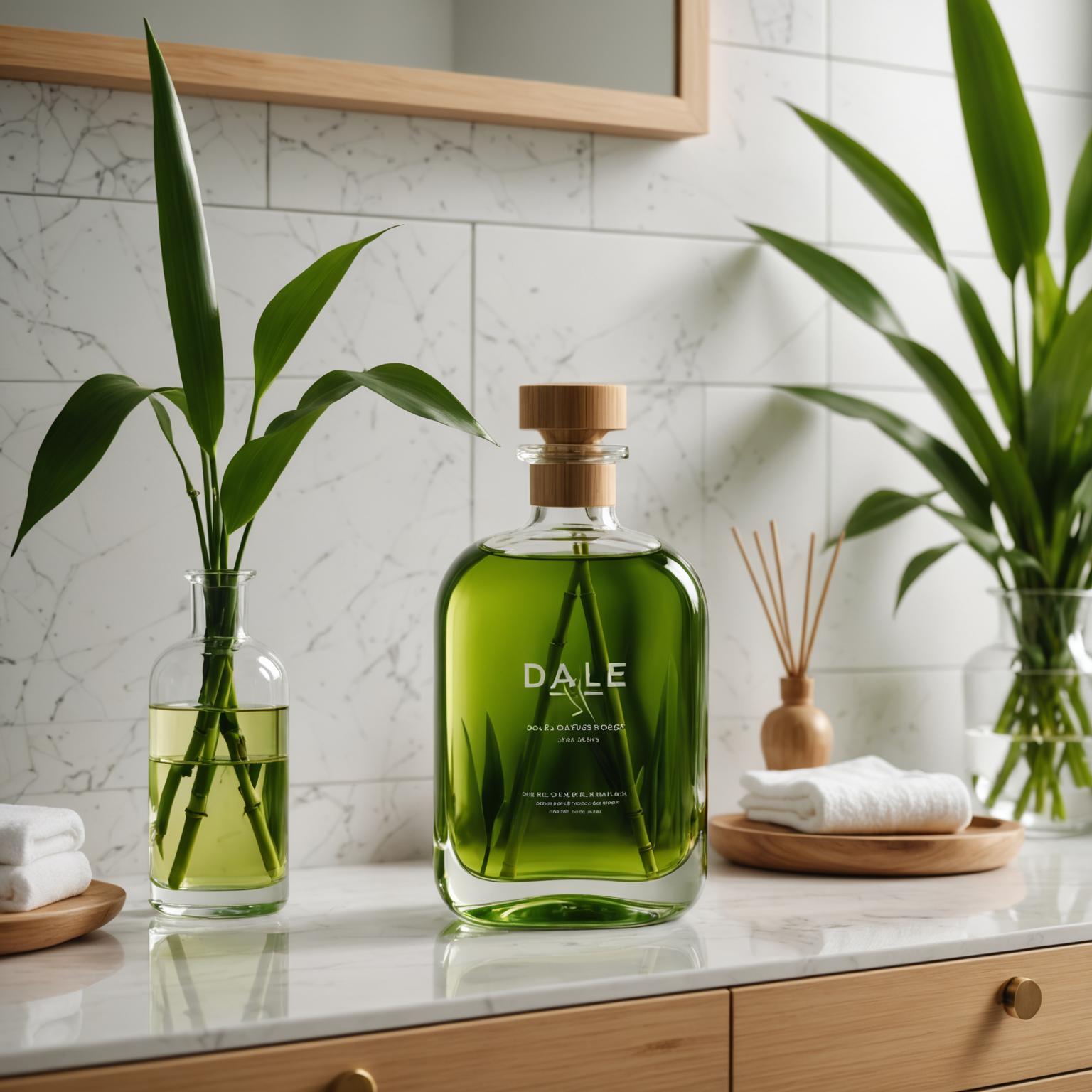The global push for sustainability isn’t just a regulatory trend—it’s a brand loyalty driver. A 2024 McKinsey survey found that 73% of consumers are willing to pay 10–15% more for products with eco-friendly packaging, and 68% associate sustainable packaging with “trustworthy” brands. For businesses that rely on bottles (from skincare serums to cold-pressed juices), sourcing sustainable options isn’t just about checking a “green” box—it’s about aligning packaging with brand identity, customer expectations, and long-term growth.
Yet, sustainable sourcing can be overwhelming. Brands often struggle to balance scalability, cost, and customization: Should you work with a PCR bottle large trader that caters to brand needs for bulk recycled bottles? Partner with a PLA manufacturer that specializes in co-creating plant-based packaging for brands? Or team up with a sugarcane plastic bottle factory that delivers eco-friendly solutions without compromising on design? This guide cuts through the noise, focusing on brand-centric suppliers—those built to understand and support your brand’s unique goals—so you can source sustainable bottles that don’t just “work” but strengthen your market position.
PCR Bottle Large Trader (Brand-Focused): Scalable Recycled Packaging for Brands of All Sizes
What Is a Brand-Focused PCR Bottle Large Trader?
PCR (Post-Consumer Recycled) bottles are made from recycled plastic waste, but not all PCR suppliers cater to brands. A PCR bottle large trader (brand-focused) differs from generic traders by prioritizing brand-specific needs: they source high-quality PCR bottles in bulk, offer customization, and provide support to help brands communicate their recycled packaging story. Unlike small-scale manufacturers, these traders have the inventory and logistics to handle large orders (10,000+ bottles) while adapting to a brand’s design and compliance requirements.
These traders typically source PCR bottles from certified manufacturers (holding GRS—Global Recycled Standard) and curate a portfolio tailored to brand sectors: for example, food-grade PCR PET bottles for beverage brands, UV-resistant PCR HDPE bottles for skincare brands, and child-safe PCR bottles for baby product lines. Their core value lies in bridging the gap between recycled packaging supply and brand demand—making sustainable sourcing accessible even for growing businesses.
Why Brands Choose a PCR Bottle Large Trader (Brand-Focused)
For brands looking to scale sustainable packaging without sacrificing quality or flexibility, brand-focused PCR traders offer unique advantages:
- Bulk Scalability with Brand-Centric Flexibility: Generic traders prioritize volume over customization, but brand-focused PCR traders let you order 50,000+ bottles while adjusting details like color (matching your brand palette), embossing (adding your logo), or cap style (screw-top, pump, or spray). For example, a fast-growing energy drink brand could source 100,000 330ml PCR bottles with its signature green hue and embossed logo—all at a competitive bulk price.
- Cost Efficiency for Brand Budgets: PCR bottles are 5–12% more expensive than virgin plastic, but brand-focused traders leverage their global supplier networks to negotiate lower per-unit costs. They also avoid minimum order quantities (MOQs) that small manufacturers impose—so a startup cosmetic brand can order 5,000 PCR bottles to test the market, then scale to 50,000 as demand grows.
- Compliance & Transparency for Brand Trust: Brands in regulated sectors (food, cosmetics, pharmaceuticals) need PCR bottles that meet safety standards (e.g., FDA for food contact, EU 10/2011 for plastics in food). Brand-focused traders provide full compliance documentation, including GRS certificates and batch-specific test reports, so you can confidently label bottles as “30% PCR content” or “100% recycled plastic” without legal risk.
- Marketing Support for Brand Storytelling: Unlike generic suppliers, these traders understand that sustainable packaging is a marketing tool. Many provide ready-to-use assets—like infographics on “how your PCR bottle reduces waste” or social media captions—that help you communicate your sustainability efforts to customers. A 2023 study by HubSpot found that brands using such assets see a 22% higher engagement rate on packaging-focused posts.
How to Select the Right PCR Bottle Large Trader (Brand-Focused)
Not all PCR traders are truly “brand-focused.” To find a partner that aligns with your goals, prioritize these criteria:
- Proven Brand Sector Experience: Look for traders that specialize in your industry—e.g., a trader that works with 10+ cosmetic brands will understand your need for leak-proof PCR jars, while one focused on F&B will prioritize BPA-free PCR bottles. Ask for case studies or client references (e.g., “We supplied 200,000 PCR bottles to X beverage brand”).
- GRS Certification & Traceability: Ensure the trader sources from GRS-certified manufacturers. They should also provide a “chain of custody” report, showing where the post-consumer plastic came from (e.g., recycled water bottles from Europe) and how it was processed—critical for transparent brand storytelling.
- Customization Capabilities: Confirm they offer in-house or partner-based customization (color matching, logo embossing, label printing) without inflating costs. Ask for sample bottles with your brand’s design to test quality before placing a large order.
- Logistics & Lead Time Reliability: Brands can’t afford packaging delays. Choose a trader with a global warehouse network (to reduce shipping time) and clear lead time commitments (e.g., “14–21 days for bulk orders, 7 days for rush orders”).
PLA Plastic Bottle Manufacturer for Brand Partners: Co-Creating Plant-Based Packaging for Brand Identity
What Is a PLA Plastic Bottle Manufacturer for Brand Partners?
PLA (Polylactic Acid) is a bioplastic made from renewable plant sources (corn starch, sugarcane pulp) that’s compostable under industrial conditions—breaking down into water and CO₂ in 8–12 weeks. A PLA plastic bottle manufacturer for brand partners isn’t just a producer; it’s a collaborator that designs PLA bottles to reflect a brand’s identity, values, and product needs. Unlike mass-market PLA manufacturers, these partners focus on small-to-medium batches, custom designs, and end-to-end support—from concept to production.
For example, a natural skincare brand wanting to emphasize “zero-waste” could work with such a manufacturer to create a matte-finish PLA bottle with a bamboo cap (matching its eco-luxury aesthetic). A vegan snack brand might collaborate on a transparent PLA jar that showcases its product while highlighting “compostable packaging” on the label. These manufacturers tailor every detail to ensure the PLA bottle doesn’t just hold the product—it tells the brand’s story.
Why Brands Partner with a PLA Plastic Bottle Manufacturer for Brand Partners
PLA bottles are ideal for brands positioning themselves as “eco-forward” or “zero-waste,” and brand-focused manufacturers maximize their value by aligning the packaging with brand goals:
- Custom Design for Brand Differentiation: Mass-market PLA bottles are generic (plain white or clear), but brand partners let you create unique shapes, textures, and finishes. For example, a wellness brand could design a curved PLA bottle that fits comfortably in hands (aligning with its “user-centric” values), while a luxury candle brand might opt for a frosted PLA jar with gold foil stamping (balancing sustainability and elegance). This customization helps your packaging stand out on shelves—critical in crowded markets.
- Product Compatibility for Brand Credibility: PLA is sensitive to heat (softens above 40°C) and moisture, so a brand-focused manufacturer will test your product with the PLA bottle to ensure compatibility. For example, if you’re a cold-brew coffee brand, they’ll confirm the PLA bottle resists liquid absorption; if you sell face oil, they’ll test for leak-proof seals. This prevents product spoilage—a risk that could damage brand trust.
- Compostability Education for Brand Loyalty: Most consumers don’t know PLA requires industrial composting (it won’t break down in home compost). Brand partners provide educational materials: custom labels that say “Compost at Local Facility” (with a QR code linking to compost locations) or social media guides for your team to explain proper disposal. A 2024 Consumer Reports study found that brands offering such guidance see a 19% higher repeat purchase rate from eco-conscious customers.
- Small-Batch Flexibility for Brand Growth: Startups or niche brands often can’t afford large PLA orders, but brand partners offer MOQs as low as 1,000 bottles. This lets you test PLA packaging with your audience, gather feedback, and adjust the design before scaling—reducing risk and ensuring the final product fits your brand’s evolving needs.
How to Choose a PLA Plastic Bottle Manufacturer for Brand Partners
To find a manufacturer that truly collaborates with your brand, focus on these key traits:
- Compostability Certification: Ensure the manufacturer holds ASTM D6400 (U.S.) or EN 13432 (EU) certification—these standards verify the PLA bottle is truly industrially compostable. Avoid manufacturers that claim “biodegradable” without these certifications (it’s often a marketing buzzword).
- Design & Prototyping Capabilities: Look for manufacturers with in-house design teams that offer 3D prototyping. They should let you test multiple designs (e.g., 3 different bottle shapes) before finalizing production—critical for ensuring the packaging aligns with your brand.
- Industry-Specific Expertise: If you’re a food brand, choose a manufacturer experienced with food-grade PLA (compliant with FDA or EFSA standards). If you’re in cosmetics, pick one that understands the need for UV protection (to preserve ingredients like vitamin C).
- Collaborative Communication: A good brand partner will ask questions about your brand’s values, target audience, and marketing goals—they won’t just sell you bottles. They should provide regular updates during production and be open to adjusting the design if you have feedback.
Sugarcane Plastic Bottle Factory (Eco-Friendly): Carbon-Conscious Packaging for Brands Prioritizing Climate Action
What Is an Eco-Friendly Sugarcane Plastic Bottle Factory?
Sugarcane plastic bottles are made from ethanol derived from sugarcane, a renewable crop that absorbs CO₂ as it grows—making the bottles carbon-negative (they remove more CO₂ from the atmosphere than they emit during production). An eco-friendly sugarcane plastic bottle factory specializes in producing these bottles using sustainable manufacturing practices: low-water production, renewable energy (solar or wind), and zero-waste processes (byproducts like sugarcane bagasse are used as fuel).
Unlike generic sugarcane bottle producers, these factories focus on brand needs: they offer food-grade, cosmetic-grade, and industrial-grade sugarcane bottles, and can customize them to match a brand’s design. For example, a carbon-neutral beverage brand could source 500ml sugarcane PET bottles with its logo, while a sunscreen brand might order 150ml sugarcane HDPE bottles that resist UV damage. The factory’s eco-friendly practices align with the bottles’ carbon-negative benefit—creating a fully sustainable packaging solution for brands.
Why Brands Choose an Eco-Friendly Sugarcane Plastic Bottle Factory
For brands prioritizing climate action (e.g., aiming for carbon neutrality or net-zero goals), sugarcane plastic bottles from eco-friendly factories offer unmatched value:
- Carbon-Negative Impact for Brand Climate Credentials: Sugarcane absorbs 15–20 tons of CO₂ per hectare annually (International Sugar Organization, 2023). When turned into bottles, the end product has a carbon footprint of -0.4kg CO₂e per 500ml bottle—meaning it actively reduces atmospheric CO₂. This is a powerful differentiator: a 2024 Edelman Trust Barometer found that 65% of consumers trust brands that “take measurable climate action,” and sugarcane bottles provide tangible proof.
- Performance on Par with Virgin Plastic for Brand Reliability: Unlike some bioplastics, sugarcane plastic bottles are durable, heat-resistant (up to 60°C), and compatible with standard filling lines. They’re also recyclable—most are made from sugarcane-based PET, which fits into existing recycling systems. This means brands don’t have to compromise on functionality to be sustainable: a soda brand can switch to sugarcane PET bottles without changing its production process.
- Natural Brand Alignment for Target Audiences: Sugarcane is associated with “renewable,” “natural,” and “earth-friendly” values—perfect for brands in wellness, organic food, or outdoor recreation. An eco-friendly factory enhances this alignment by sharing its own sustainability practices (e.g., “Our factory runs on 100% solar energy”)—letting you tell a full-circle story to customers (e.g., “Your bottle is made from CO₂-absorbing sugarcane, produced in a zero-waste factory”).
- Long-Term Cost Savings for Brand Budgets: While sugarcane bottles are 8–15% more expensive than virgin plastic upfront, eco-friendly factories often offer bulk discounts (e.g., 10% off orders over 100,000 bottles). Additionally, brands can leverage the carbon savings to qualify for green tax incentives (in regions like the EU or California) or attract eco-conscious investors—offsetting the initial cost.
How to Select an Eco-Friendly Sugarcane Plastic Bottle Factory
To ensure you’re partnering with a truly sustainable factory that meets your brand’s needs, look for these criteria:
- Bonsucro Certification: Bonsucro is the global standard for sustainable sugarcane production—it verifies the factory sources sugarcane from farms that avoid deforestation, use water efficiently, and pay fair wages. Avoid factories without Bonsucro certification—they may use unsustainable sugarcane that harms ecosystems.
- Eco-Friendly Manufacturing Proof: Ask for the factory’s sustainability report, which should detail its energy sources (e.g., 100% renewable), water usage, and waste reduction practices. A genuine eco-friendly factory will be transparent about these details—for example, “We recycle 95% of our production water” or “Our waste is converted into biogas for energy.”
- Brand Customization & Compliance: Confirm the factory offers customization (color, logo, size) and produces bottles that meet your industry’s standards (e.g., FDA for food, EU Cosmetics Regulation for skincare). Ask for samples to test durability, compatibility with your product, and design alignment with your brand.
- Scalable Production for Brand Growth: Choose a factory with the capacity to grow with your brand. If you’re a startup, ensure they offer small batches (5,000+ bottles); if you’re an established brand, confirm they can handle orders of 500,000+ without delays.
Brand-Focused Sustainable Bottle Sourcing: Which Option Is Right for You?
The best sustainable bottle source depends on your brand’s priorities—whether it’s scalability, design, or climate impact. Here’s a quick guide to match your goals with the right partner:
| Brand Priority | Recommended Partner | Example Use Case |
|---|---|---|
| Scalable, cost-effective recycled packaging with brand customization | PCR Bottle Large Trader (Brand-Focused) | A mid-sized juice brand needing 100,000 recycled PET bottles with its logo and color. |
| Unique, plant-based packaging aligned with zero-waste brand identity | PLA Plastic Bottle Manufacturer for Brand Partners | A niche vegan skincare brand wanting 5,000 custom matte PLA bottles with bamboo caps. |
| Carbon-negative packaging to support climate action goals | Sugarcane Plastic Bottle Factory (Eco-Friendly) | A carbon-neutral beverage brand sourcing 500,000 sugarcane PET bottles for nationwide distribution. |
Pro Tip: Many brands use a hybrid approach—for example, a cosmetic brand could source PCR bottles for its bestsellers (scalable, cost-effective) and PLA bottles for its limited-edition “zero-waste” line (unique, brand-aligned). The key is to choose partners that understand your brand’s overarching values and can adapt to your changing needs.
Conclusion: Elevate Your Brand with the Right Sustainable Bottle Partner
Sustainable bottle sourcing isn’t just about choosing “green” packaging—it’s about choosing a partner that amplifies your brand’s identity, builds trust with customers, and supports your long-term goals. Whether you work with a brand-focused PCR bottle large trader for scalability, a PLA manufacturer for custom plant-based design, or an eco-friendly sugarcane factory for carbon impact, the right partner will turn sustainable packaging into a competitive advantage.
To get started:
- Define your brand’s core sustainability goal (e.g., “reduce plastic waste” or “achieve carbon negativity”).
- Research partners with the certifications relevant to your goal (GRS for PCR, ASTM D6400 for PLA, Bonsucro for sugarcane).
- Request samples and case studies to test quality and alignment with your brand.
By focusing on brand-centric suppliers, you’ll not only meet consumer demand for sustainability—you’ll create packaging that tells your brand’s story and drives loyalty for years to come.
I can help you optimize the blog’s long-tail keywords (e.g., “affordable brand-focused PCR bottle large trader for F&B brands”) or draft outreach templates to contact the three types of suppliers mentioned. Would you like me to assist with either task?



